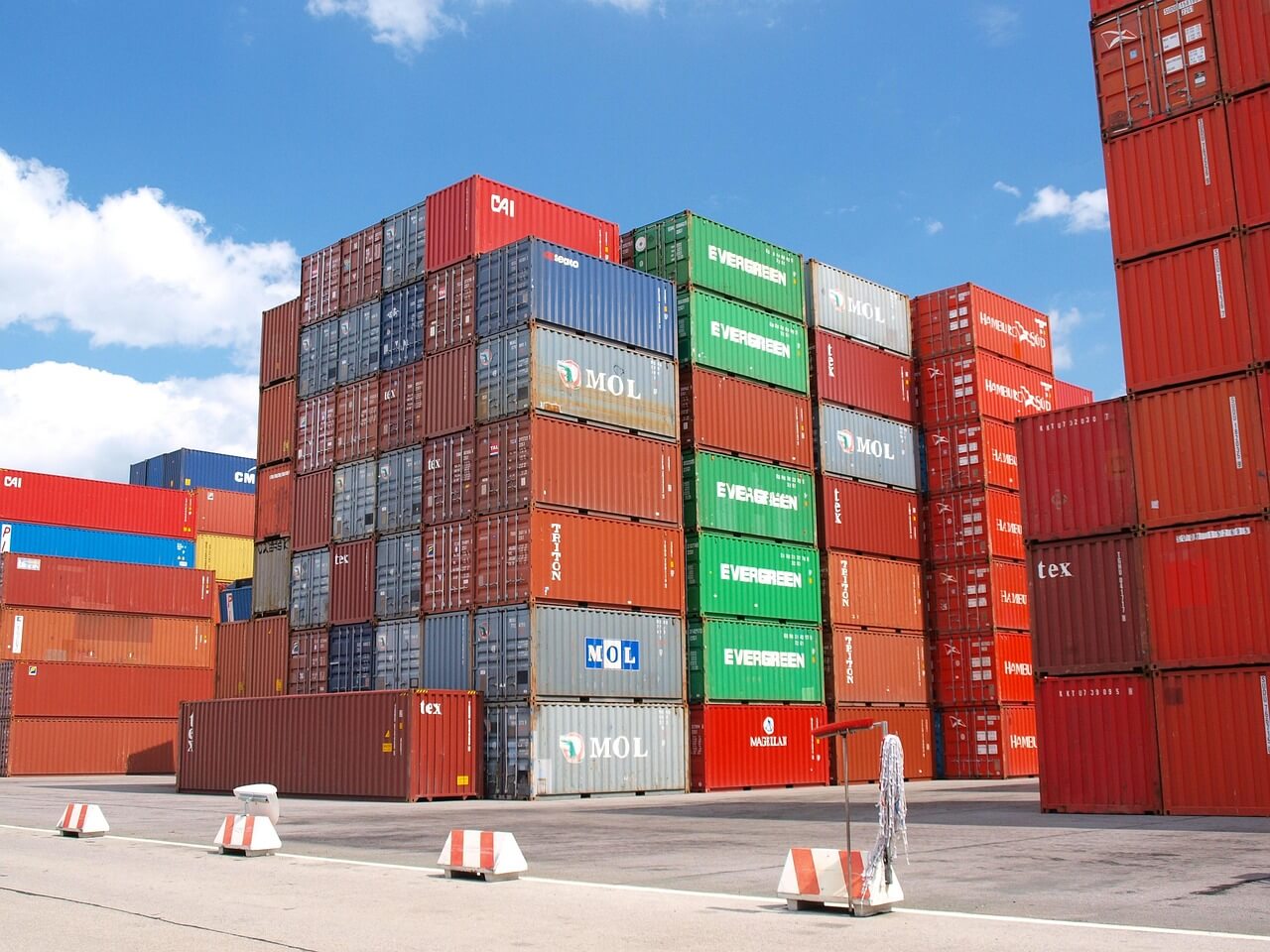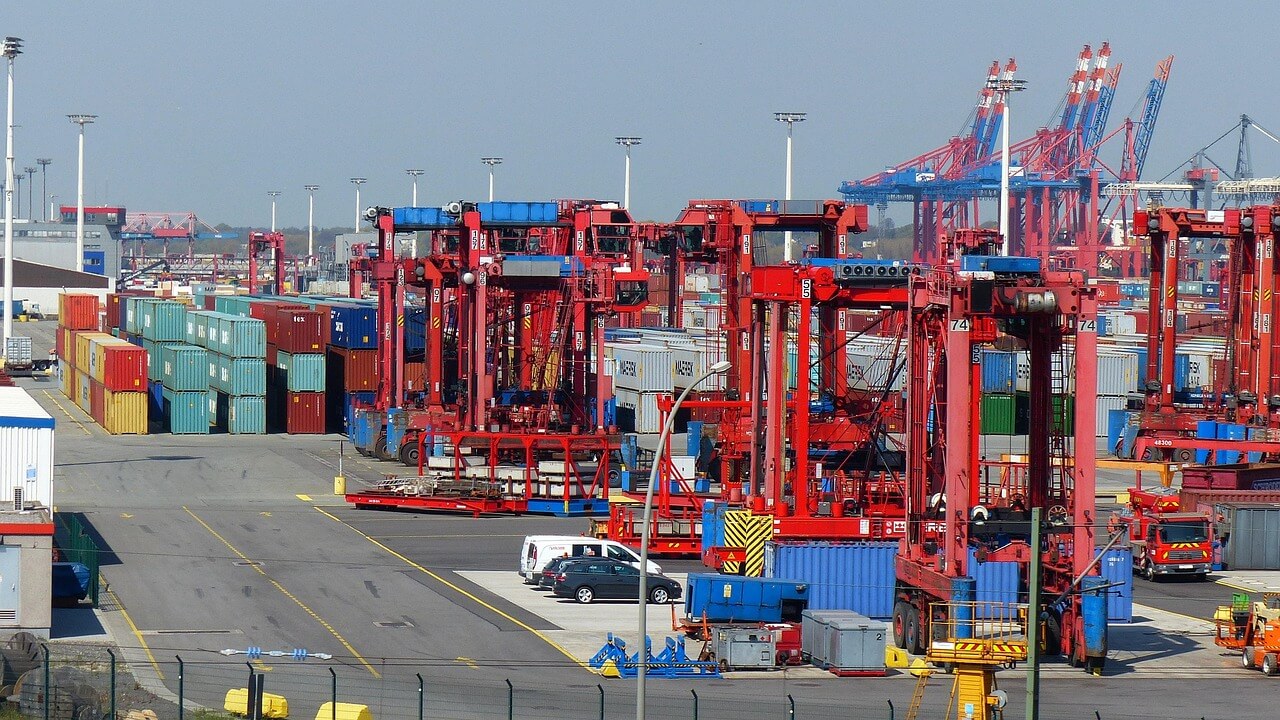
28
Apr
What are the practical techniques for price negotiation when exporting international freight forward
**Price Negotiation Tips for Exporting to Tanzania as an International Freight Forwarder**
As an international freight forwarder, exporting to Tanzania involves complex pricing considerations. Negotiating prices effectively with your suppliers and customers requires a blend of strategic planning, market knowledge, and negotiation skills. Here are some practical tips for price negotiation in such scenarios:
1. Market Research: Understanding the local market conditions in Tanzania is crucial. Research the demand for your products, competition pricing, and any specific regulations or tariffs that may affect your export costs. This information will help you determine your cost structure and the maximum price point that your products can bear in the local market.
2. Comparative Analysis: Gather pricing information from other suppliers or freight forwarders who have experience in exporting to Tanzania. Compare your costs with industry standards to identify any discrepancies and justify your pricing decisions. This approach helps in gaining a competitive edge and establishing credibility during negotiations.
3. Identify Value-Added Services: Look beyond the basic freight cost and identify any additional services you can offer, such as customs clearance, warehousing, packaging, etc. These value-added services could increase your overall cost but also add value to your customers' experience. Discuss with your customers how these services could be factored into the final price.
4. Leverage of Relationships: Building strong relationships with your suppliers and customers is essential. If you have established a good reputation and have a track record of successful exports to Tanzania, you can leverage this to negotiate better prices. Use past experiences and case studies to demonstrate your reliability and expertise during negotiations.
5. Clear Communication: Ensure open and transparent communication channels with your suppliers and customers. Use clear language to explain your pricing structure, cost components, and reasons for the proposed prices. Avoid assumptions and miscommunications that could lead to unnecessary delays or conflicts during negotiations.
6. Consider Trade Credit Terms: Offer trade credit terms to your customers as it could be an incentive for them to work with you. Discuss terms like payment terms, credit period, and any penalties for late payments to ensure fair arrangements are reached.
7. Flexibility: Consider being flexible during negotiations, as too much rigidity can often lead to conflict or failure of the deal. Be prepared to offer small concessions or discounts on bulk orders or long-term contracts to foster better relationships and gain future business opportunities.
In conclusion, effective price negotiation requires a blend of market knowledge, strategic planning, and negotiation skills. As an international freight forwarder, you must understand the local market conditions in Tanzania and identify opportunities to offer value-added services or negotiate better terms with suppliers and customers. Leveraging relationships, clear communication, and flexibility during negotiations can lead to successful outcomes for both parties involved in the export process.
As an international freight forwarder, exporting to Tanzania involves complex pricing considerations. Negotiating prices effectively with your suppliers and customers requires a blend of strategic planning, market knowledge, and negotiation skills. Here are some practical tips for price negotiation in such scenarios:
1. Market Research: Understanding the local market conditions in Tanzania is crucial. Research the demand for your products, competition pricing, and any specific regulations or tariffs that may affect your export costs. This information will help you determine your cost structure and the maximum price point that your products can bear in the local market.
2. Comparative Analysis: Gather pricing information from other suppliers or freight forwarders who have experience in exporting to Tanzania. Compare your costs with industry standards to identify any discrepancies and justify your pricing decisions. This approach helps in gaining a competitive edge and establishing credibility during negotiations.
3. Identify Value-Added Services: Look beyond the basic freight cost and identify any additional services you can offer, such as customs clearance, warehousing, packaging, etc. These value-added services could increase your overall cost but also add value to your customers' experience. Discuss with your customers how these services could be factored into the final price.
4. Leverage of Relationships: Building strong relationships with your suppliers and customers is essential. If you have established a good reputation and have a track record of successful exports to Tanzania, you can leverage this to negotiate better prices. Use past experiences and case studies to demonstrate your reliability and expertise during negotiations.
5. Clear Communication: Ensure open and transparent communication channels with your suppliers and customers. Use clear language to explain your pricing structure, cost components, and reasons for the proposed prices. Avoid assumptions and miscommunications that could lead to unnecessary delays or conflicts during negotiations.
6. Consider Trade Credit Terms: Offer trade credit terms to your customers as it could be an incentive for them to work with you. Discuss terms like payment terms, credit period, and any penalties for late payments to ensure fair arrangements are reached.
7. Flexibility: Consider being flexible during negotiations, as too much rigidity can often lead to conflict or failure of the deal. Be prepared to offer small concessions or discounts on bulk orders or long-term contracts to foster better relationships and gain future business opportunities.
In conclusion, effective price negotiation requires a blend of market knowledge, strategic planning, and negotiation skills. As an international freight forwarder, you must understand the local market conditions in Tanzania and identify opportunities to offer value-added services or negotiate better terms with suppliers and customers. Leveraging relationships, clear communication, and flexibility during negotiations can lead to successful outcomes for both parties involved in the export process.
LEAVE YOUR COMMENT
categories
recentpost
-
 How can freight forwarders achieve efficient logistics and shipping from China to Tanzania?Apr 30,2025
How can freight forwarders achieve efficient logistics and shipping from China to Tanzania?Apr 30,2025 -
 What are the guarantee measures for transportation and transaction services from China to the UnitedApr 30,2025
What are the guarantee measures for transportation and transaction services from China to the UnitedApr 30,2025 -
 How is the international freight delivery service for transporting goods to Saudi Arabia?Apr 30,2025
How is the international freight delivery service for transporting goods to Saudi Arabia?Apr 30,2025 -
 What is the delivery time for international freight from China to Kenya?Apr 30,2025
What is the delivery time for international freight from China to Kenya?Apr 30,2025 -
 What is the customs clearance process for global land transportation from China to the United Arab EApr 30,2025
What is the customs clearance process for global land transportation from China to the United Arab EApr 30,2025 -
 Shipping Guide from China to Qatar: How to Calculate LCL Shipping Cost?Apr 30,2025
Shipping Guide from China to Qatar: How to Calculate LCL Shipping Cost?Apr 30,2025

